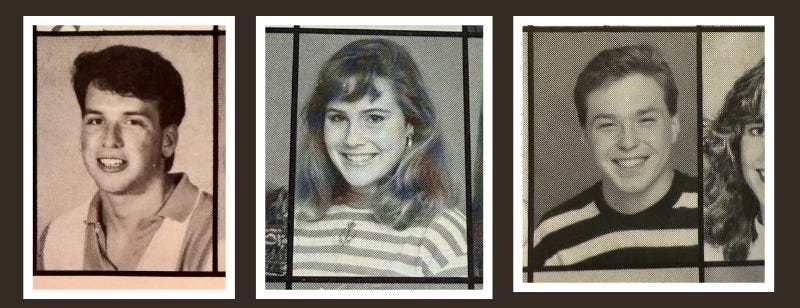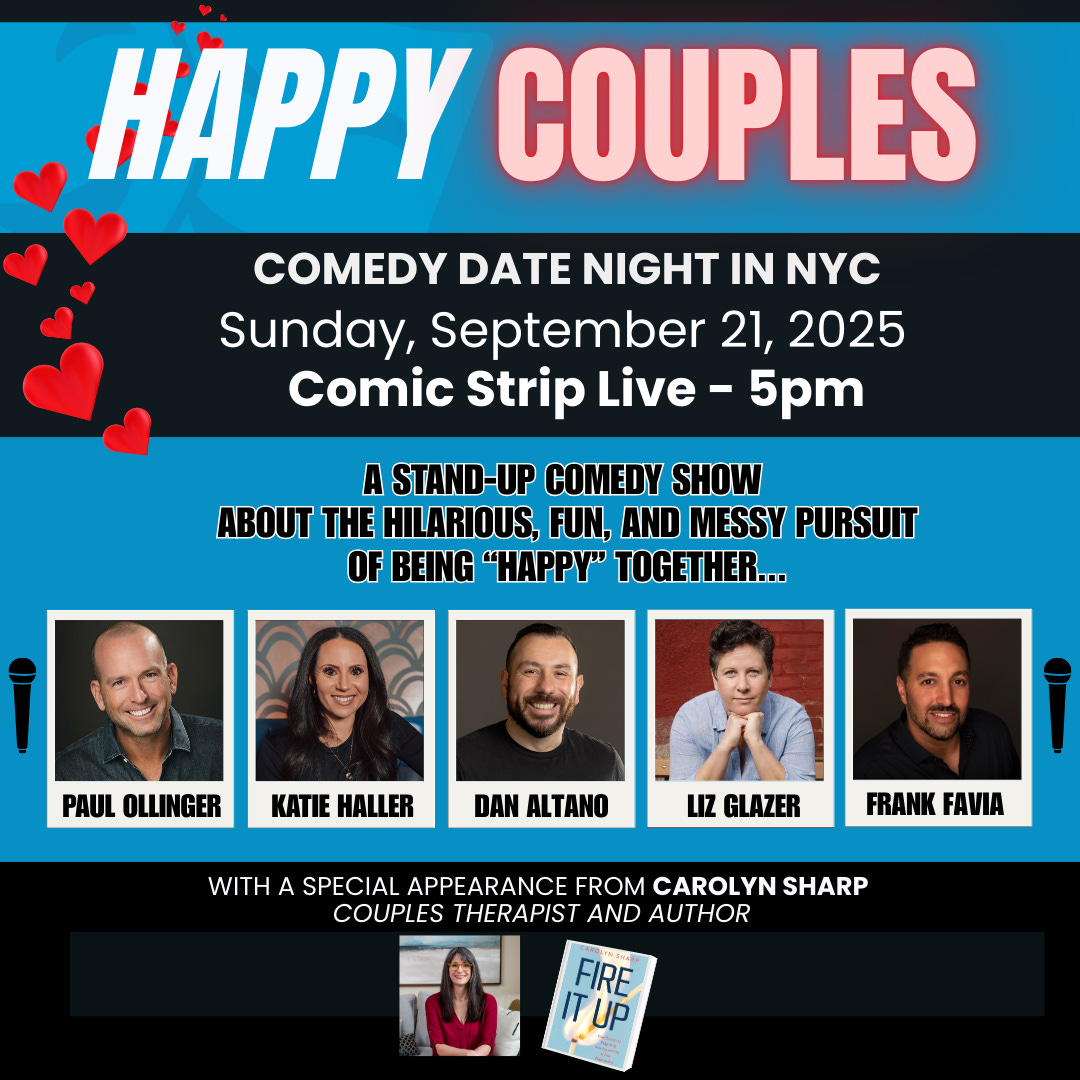How Email Will Save the World
Our Collective Sanity Depends on the Return of the Inbox
A Gen-X friend of mine, a senior executive, once told me with horror about a junior employee who had recently texted him over the weekend. The newbie’s message was business-related but neither time-sensitive nor welcome.
“Why the F is this kid texting me?” my friend said, recalling the event incredulously. “If you have something to discuss, email me or set up some time with my assistant. But you do not bother me on Sunday!”
I think about this all the time. Not because I’m an executive or an earnest young worker seeking to ingratiate myself with the boss. I think about it because texting has become the world’s de facto means of communication, and in the process has normalized the wildly presumptuous notion that others’ attention—even the company president’s—is always on tap.
These constant, unnecessary interruptions from acquaintances, colleagues, and vendors are driving us insane. The only solution is a cultural reset: a grand return to email for every matter that isn’t transparently pressing.
The Tyranny of the Ping
Here's a fun fact that'll make you want to throw your phone into a crevasse: Americans send approximately 6 billion texts per day. Young adults alone average more than 100 each day—that’s over six messages per waking hour!
But it’s not just the volume that’s a problem, it’s the expectation behind it. As Marshall McLuhan might point out, texting is designed for the intimate and the urgent. A text says implicitly: “We’re friends. You want to hear from me right now.”
So yeah, if you have a tee time open tomorrow at noon, I welcome your text. And if you notice that my house is on fire, please thumb-message me with haste. (Better yet—call!)
But if you’re UPS informing me that you just delivered my tongue scraper and Speed Stick deodorant, email will suffice. And if you’re the doctor’s office reminding me of an appointment three weeks hence? Email. Always email.
The Cost of Distraction
“Oh, come on,” some will say. “It only takes a minute to reply.” Yeah, but that’s one minute multiplied by 30 times per day, on average, for middle-aged folks. And each such event requires an extra 20 minutes to regain the pre-interruption flow. Studies show that creative professionals—writers, engineers, anyone who needs their brain fully engaged—lose serious productivity this way. But even if you’re not a painter or a coder, you’ve felt the vibrating jolt out of a book, a walk in the park, or a conversation with your kid, followed by, “now where was I?”
Still think it’s not such a big deal? Then consider that we have become so inured to the presence of digital disturbances that we sometimes feel a phantom buzzing from an absent device. Our rewired brains interpret an arterial fart in our thigh to be the digital world beckoning our attention. That’s messed up.
Bring Back the Inbox
The solution to this problem is email. The inbox is civilized: an opt-in tool that respects boundaries and allows for the exchange of information within each user’s chosen timeframe. Batching email into blocks of time—maybe 20 mins in the morning and another 20 at night—means that messages can be returned within a business day without non-urgent communication stealing our focus.
To be rigorously self-aware, I know this might come across like an old man screaming into the abyss. But just because I am advocating for a technology that reached its apex during the first Clinton administration does not mean I am a Luddite. I am happy to embrace new innovations. For example, I love my Apple ear thingies (my kids tell me they are called “AirPods”) and I even used ChatGPT to spellcheck this article. All I want is for technology to be used in ways that respect the parties involved.
So, here’s my modest proposal: reserve text messages for what’s actually urgent between people who definitely want to hear from each other. Everything else? Email. Let’s save each other’s sanity, one well-written digital missive at a time.
And while you’re at it, get off my lawn.
THE END (but keep reading…)
This week on the PODCAST: Brad Todd Owns the Libs!
Just kidding. That’s not his style, nor is it mine.
BUT, Brad is an extremely thoughtful Republican consultant and CNN contributor who is often the lone conservative voice on the network’s political panels. (Note: if you have a beef with the GOP, recall that a few months ago, I hosted Jessica Tarlov who plays a similar role as the sole progressive guest on Fox News’ The Five.)
Most special to me is that Brad is an old friend and fellow alumnus of Rhodes College where he had at least one class with future Supreme Court Justice Amy Coney Barrett. (I was in the remedial classes in the Business Department.)

A native of Oak Ridge, TN, Brad comes at politics informed by six generations of Appalachian working people. In our very enjoyable chat, Brad shares no-nonsense insights into NPR, Zohran Mamdani, J.D. Vance, and what a post-Trump Republican Party might look like. (He also reveals compelling anecdotal evidence that I was a complete knucklehead in college.)
Regardless of your political leanings, this conversation will make you think.
**Listen on Spotify or Apple Podcasts**
COMEDY SHOWS
Hey, get yourself some tickets to our upcoming Happy Couples Comedy Show September 21 at The Comedy Strip Live (tix here). Five great comics will do their best relationship material followed by real, live couples therapist—and YES, another Rhodes College alum, Carolyn Sharp—breaking down the comics’ affection-based neuroses. It’s an early show, so you can still be in bed by 9:00 p.m.
And / or come out to West Side Comedy Club on Saturday 9/13 where I’m performing on a lineup with some of NYC’s absolute killers. Tix here.
That is all. Have a wonderful day.





